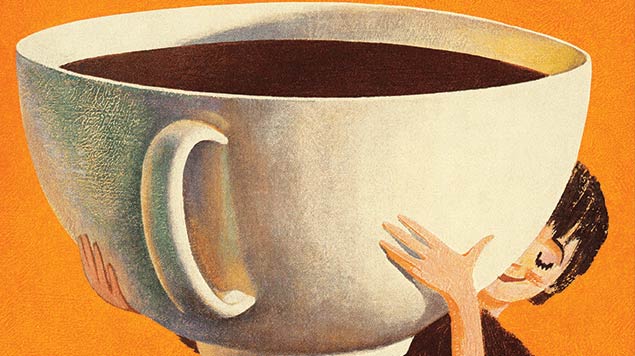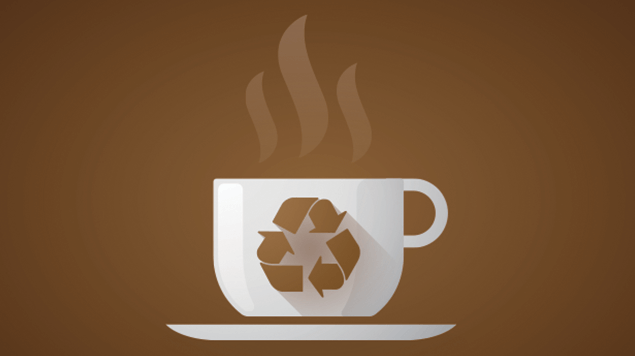No matter the amount of sleep we get nor how much coffee we drink, some of us cannot shake morning grogginess. If you are one of these folks, you’re definitely not alone.
There are some interesting studies that insist genes can have a part to play in whether or not you’re a Night Owl or a Morning Person, but beyond that, there may be other factors to consider.
Sleep Inertia
According to Sleep Advisor, Sleep Inertia (also referred to as referred to as “sleep drunkenness”) is the term used to describe that groggy in-between state when you’re no longer asleep but not quite awake. In physics, ‘inertia’ refers to the resistance of an object to changes in velocity, so applying that term to ‘sleep’, inertia is the brain’s resistance to waking up. Sleep inertia isn’t a disorder, and it, in most cases, is normal. It is more likely to occur in individuals who are sleep deprived, either due to less opportunity for rest (like shift work or having a new baby) or because of an underlying sleep disorder. If you experience severe sleep inertia even after getting a good night’s rest and waking without an alarm, it may be a good idea to speak to your doctor about your symptoms. Check out this Sleep Advisor’s article for an in-depth look into Sleep Inertia.
What you are Eating or Drinking Before Bed
Sometimes what we eat or drink before bed can keep us from a restful night’s sleep. Here are a few examples:
A Large or Heavy Meal
Did you know it takes about 3 hours for your stomach to empty itself? Eating right before bed could lead to indigestion and heartburn.
Alcohol
Alcohol can have a sedative effect, making it easier to fall asleep. But it often According to the Cleveland Clinic, once the relaxing effect of alcohol wears off, it prevents you from getting deep sleep.
Too Many Liquids
It should come as no surprise that too much liquid before bed may have you waking up to use the restroom through out the night, thus preventing a restful sleep.
Sleep Environment
Another common reason some folks aren’t getting a restful nights sleep has to do with their sleeping space, and this can range from the temperature of the room to what you are sleeping in and on. If you’re having a hard time getting comfortable, it might be time to replace your pillow. As the seasons change, be sure to dress accordingly. And if there happens to be too much noise when you’re trying to sleep, try using some lightweight earplugs.
Blue Light Exposure
According to Healthline, blue light, more than other types of light, suppresses the secretion of melatonin, a hormone that helps regulate your body’s circadian rhythm, which is your sleep-wake cycle. This makes it harder for you to get good-quality sleep, which can leave you feeling tired the next morning. Sources of blue light include the sun, digital screens (TVs, computers, laptops, smartphones and tablets), electronic devices, and fluorescent and LED lighting. Limiting screen time to a couple hours before bed can help or you can try to use blue light blocking glasses at night.
What You Can Do
Give Yourself Extra Time To Wake Up
Even if you’re not a fan of mornings, give yourself an extra half hour to wake up. Make a cup of coffee or tea, do some light stretching or even try some light reading to get your gears turning.
Kick Back with a Coffee Nap
Calling back to one of our previous posts, Fight the Groggies with a Coffee Nap, consume a cup right before taking a 15–20 minute nap. Check it out for the full scoop.
Talk to Your Physician
It’s always best to keep your physician informed of anything that concerns you and certainly if your grogginess does not improve.

